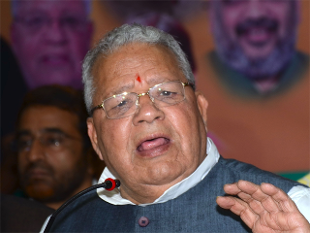Honble Prime Minister of India Shri Narendra Modi on Sunday said that Baba Saheb Ambedkar is a big inspiration for Centre’s initiatives and our most of the programs are aligned with the dream of India as an Industrial Superpower.
Addressing the nation in the 42nd Episode of his monthly radio broadcast ‘Mann ki Baat’, Shri Modi mentions that Dr. Ambedkar initially ideated that industry is an effective medium by which jobs can be generated for the poorest of the poor.
Prime Minister Modi said “Today, the Make in India campaign is progressing successfully according to the dream of Dr. Bhimrao Ambedkar, we are emerging as an industrial superpower, and the vision of Ambedkarji has become inspiration for us today.”
Mr Modi further mentions that in continuance with Dr. Ambedkar’s vision, smart city mission and urban mission were executed in the country to ensure all kind of amenities are available in big cities and small towns.
Defining the Baba Saheb’s strong faith in ‘Self Reliance’, Prime Minister Modi further adds that centre’s monetary policy, Start Up India and Stand Up India has become a strong support for the young entrepreneurs and innovators.
The origination of different river authorities and different water related authorities were possible because of Baba Saheb’s vision. Now, they are landmark efforts for the waterways and ports in India.
According to the Prime Minister Modi, “Dr Ambedkar is an inspiration for those millions of people who belonged to the backward class and manifested that being born in an affluent family is not important for an individual, being skillful and knowledgeable is the main factor.



